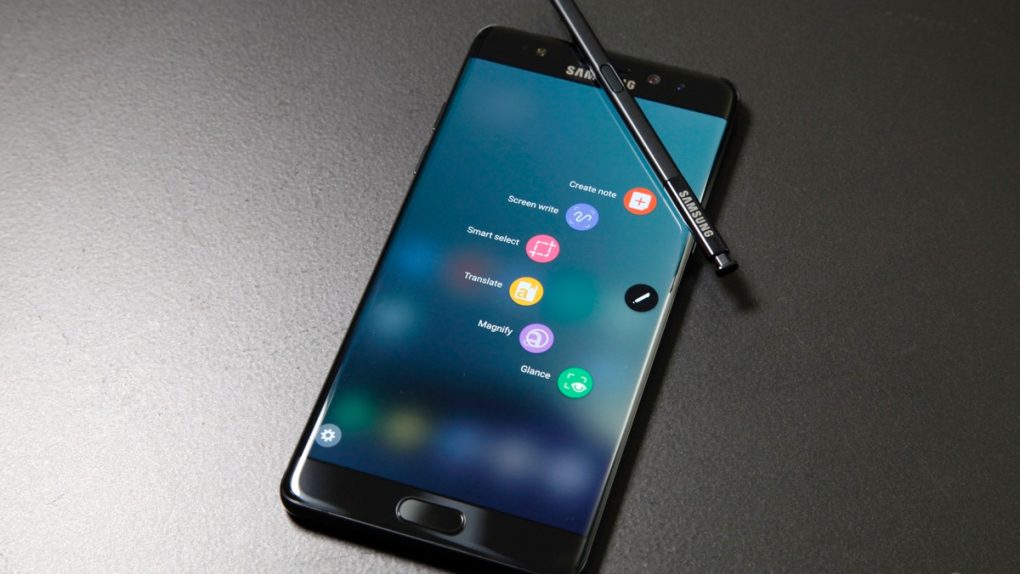The Galaxy Note 7 fiasco is seemingly getting worse for Samsung with each passing day. Even though Samsung recently initiated a massive recall for its phablet amid reports that it likely to catch on fire or explode while charging, reports of Galaxy Note 7 fire incidents are still rolling in. Earlier this week, for example, we reported on how a Note 7 owner in Australia saw his device explode, catch fire and cause nearly $1400 in damage to his hotel room.
DON’T MISS: I already hate my new iPhone 7 and I don’t even have it yet
Not willing to take any risks, Reuters relays that three Australian airlines (Qantas, Jetstar and Virgin Australia) have since taken precautionary measures to prevent Note 7 devices from wreaking any havoc in the air. While passengers will be allowed to bring their Galaxy Note 7 devices on-board, the new airline directives will prevent owners from charging their device via the USB ports on flight entertainment systems. What’s more, Qantas in particular would rather not have Galaxy Note 7 devices even being used in-flight.
In a statement provided to Reuters, Qantas explained: “Following Samsung Australia’s recall of the Samsung Galaxy Note 7 personal electronic device we are requesting that passengers who own them do not switch on or charge them in flight.”
Australia, of course, isn’t the only place where Note 7 bans are being contemplated. Earlier this week, reports surfaced indicating that the FAA was considering its own Galaxy Note 7 ban.
“The FAA and the Pipeline and Hazardous Materials Safety Administration are working on guidance related to this issue,” an FAA spokesperson said in a statement to Gizmodo a few days ago. “If the device is recalled by the manufacturer, airline crew and passengers will not be able to bring recalled batteries or electronics that contain recalled batteries in the cabin of an aircraft, or in carry-on and checked baggage.”
Of course, Samsung has already issued a recall but the FAA’s hardline rule above would only take effect if Samsung initiated its recall via the US Consumer Protection Safety Commission. Consequently, the FAA is still trying to figure out how to handle the matter.
That said, it will be interesting to see if any U.S. airlines step forward and issue a ban on their own accord. Of course, a ban on potentially explosive gadgets wouldn’t be unprecedented as a number of U.S. airlines famously banned hoverboards last year.








